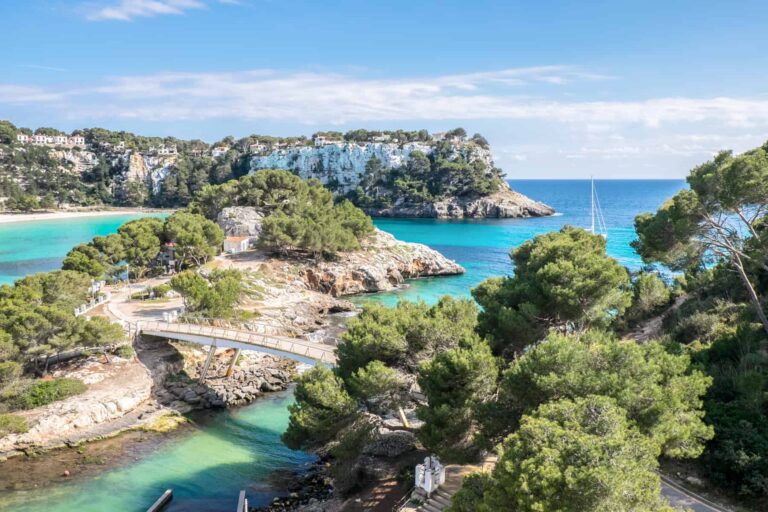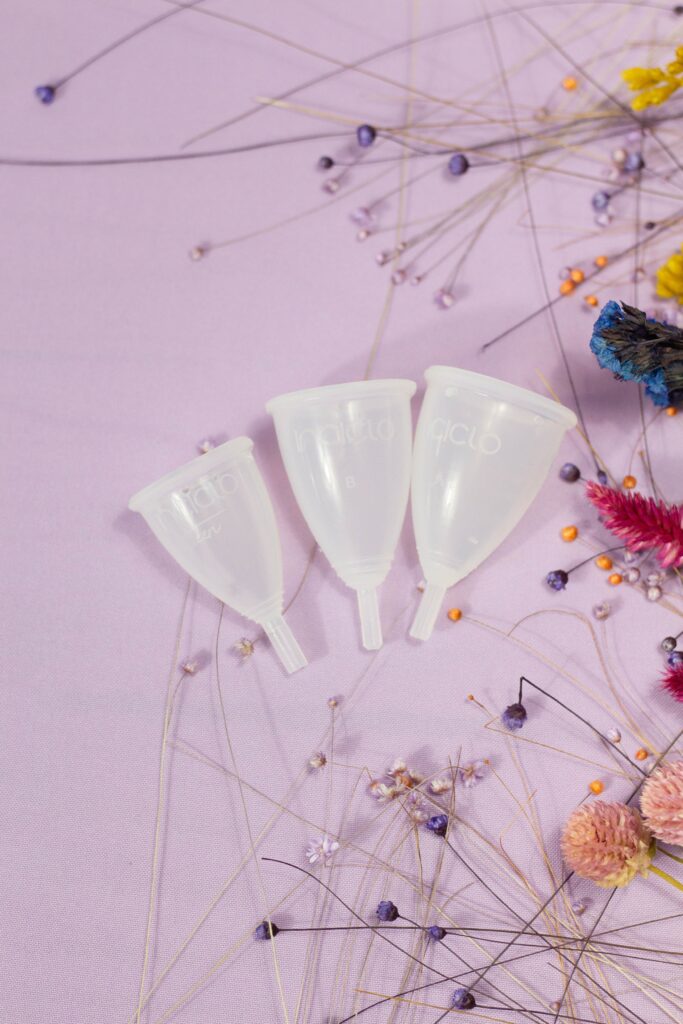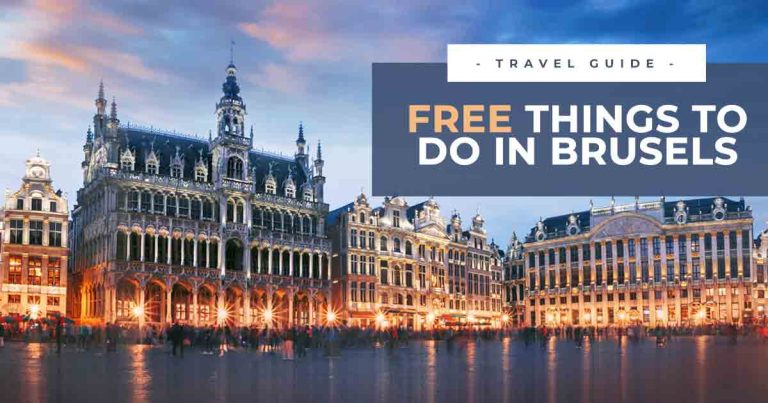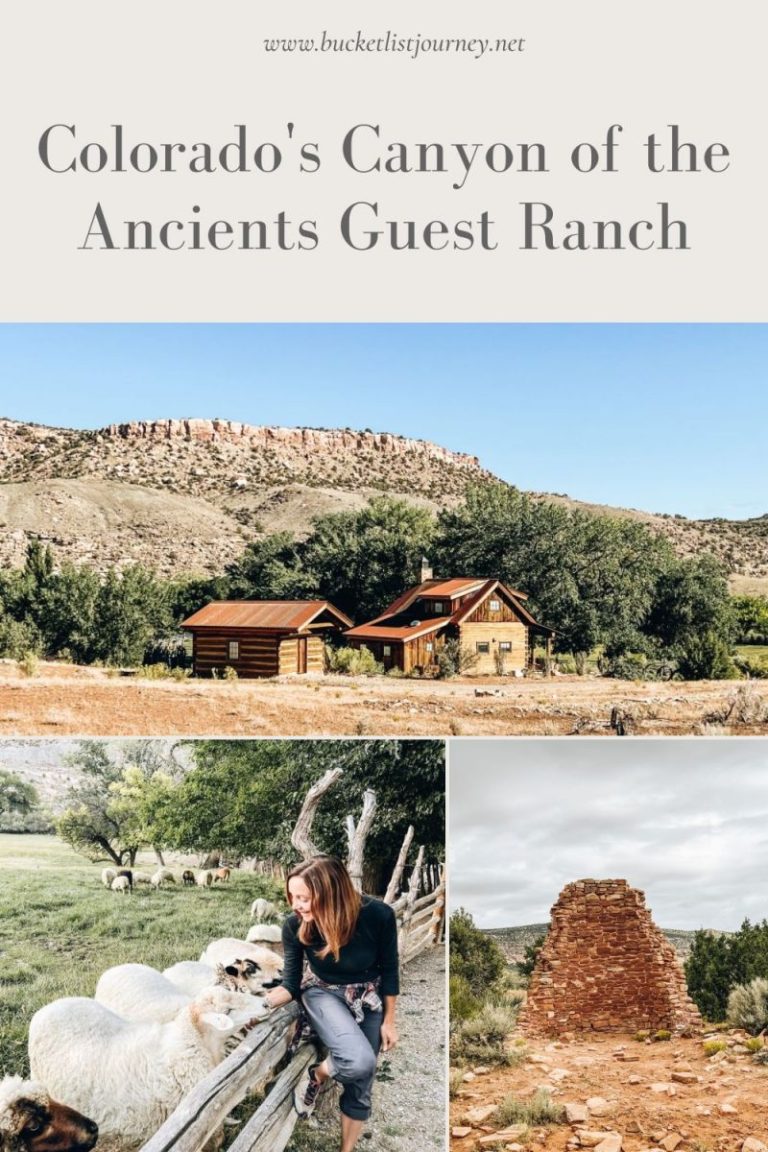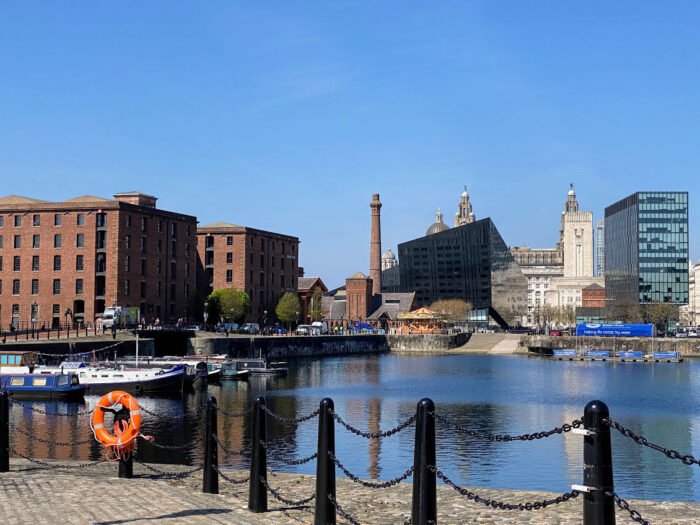Visit in partnership with the Tourism Recovery Programme
Given the history of Coyocán and the many notable creatives who have called this neighbourhood home, it’s no surprise that Casa Jacinta felt like an extension of the artistic energy that encaptures the suburb.
As I explored the many rooms of Casa Jacinta with the two youngest sisters of the family, the passion for local artisans’ work became even more apparent.
It was a strangely nostalgic feeling when it came time to say my goodbyes to Casa Jacinta – a home that had become so familiar after just a week.
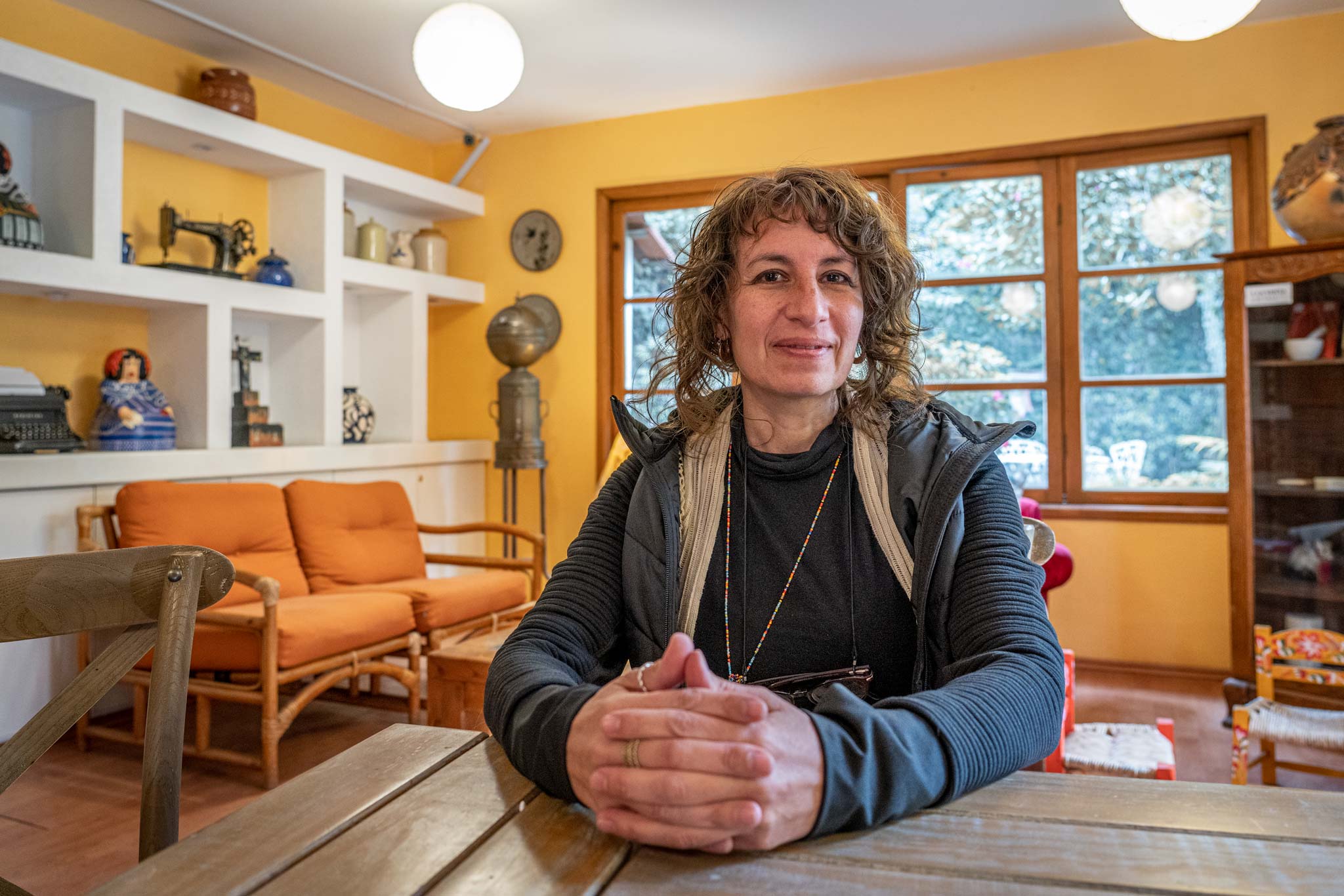
Couples relax under the shade of towering trees, smiling into each other’s eyes on the glossy green benches alongside the impeccable topiary twirling shrubs. Ornate fountains adorned with coyote statues – the animal which gives the neighbourhood its name in the prehispanic Nahuatl language. Behind, the baroque San Juan Bautista church and convent take centre-stage in the square, as families dine on the balconies of fancy restaurants or grab churros and tacos from the street stalls below.
Bidding farewell to Emiliano at reception, the sounds of Sarabande floated through the air courtesy of Ava’s delicate fingers united with the piano. Handing me one of her books as a departing gift, Andrea bid me farewell in the compact front courtyard decorated with overflowing plant pots rising up the whitewashed walls.
“Here in Mexico, help and support like this doesn’t exist; I couldn’t believe it was a real programme,” Andrea admits, as we step inside the hotel’s library, antique typewriters lined up in a row. While I admire the various titles on the shelves, we discuss the challenges of turning your hand from artistic endeavours to running a boutique hotel.
“We are very grateful, and I will make a Retablo for them for sure,” she finishes with a final departing hug. Waving goodbye as I pull away down the veteran-tree lined side-street, I feel grateful myself – grateful for the chance to make this warm, loving, and artistic residence my temporary home in Mexico City, and appreciative for programmes like these, supporting small independent and sustainable tourism businesses to survive in these turbulent times.
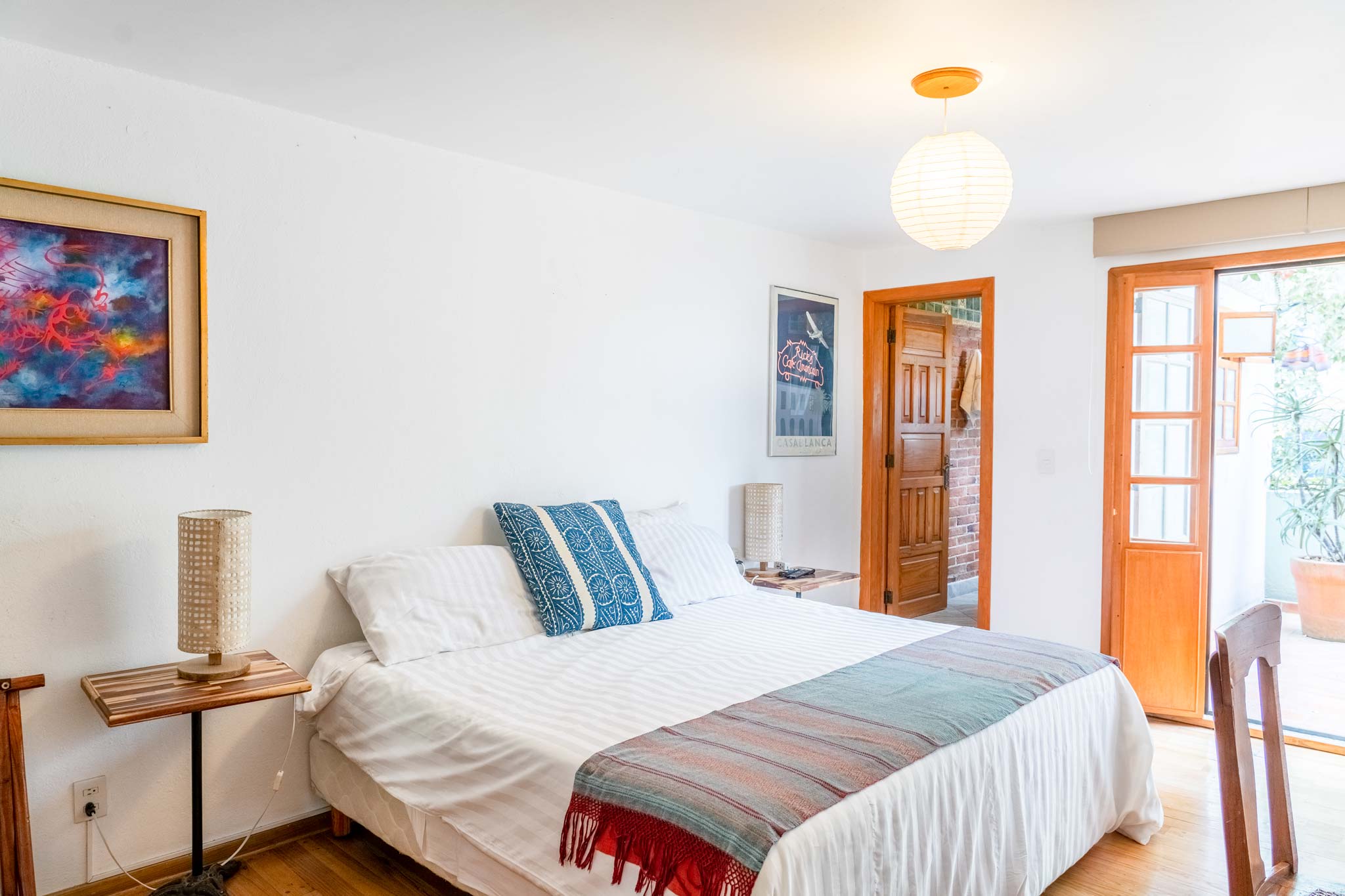
A loving home reborn as a guest house
As with the rest of her creative family, Ava has been instrumental in bringing Casa Jacinta, a boutique hotel in Mexico City’s most bohemian neighbourhood, to life – her artwork decorating each individually styled room.

“We wouldn’t have survived without the Tourism Recovery Programme”, Andrea adds, acknowledging the financial and mentorship support they had received before offering me a tour of the house and their studios.

Two puppies eagerly chase their tails as Ava Álvarez Sánchez slides canvases adorned with thick acrylic strokes across the floor of her spacious studio, the leafy residential streets of Coyoacán perfectly framed in the wide windows.
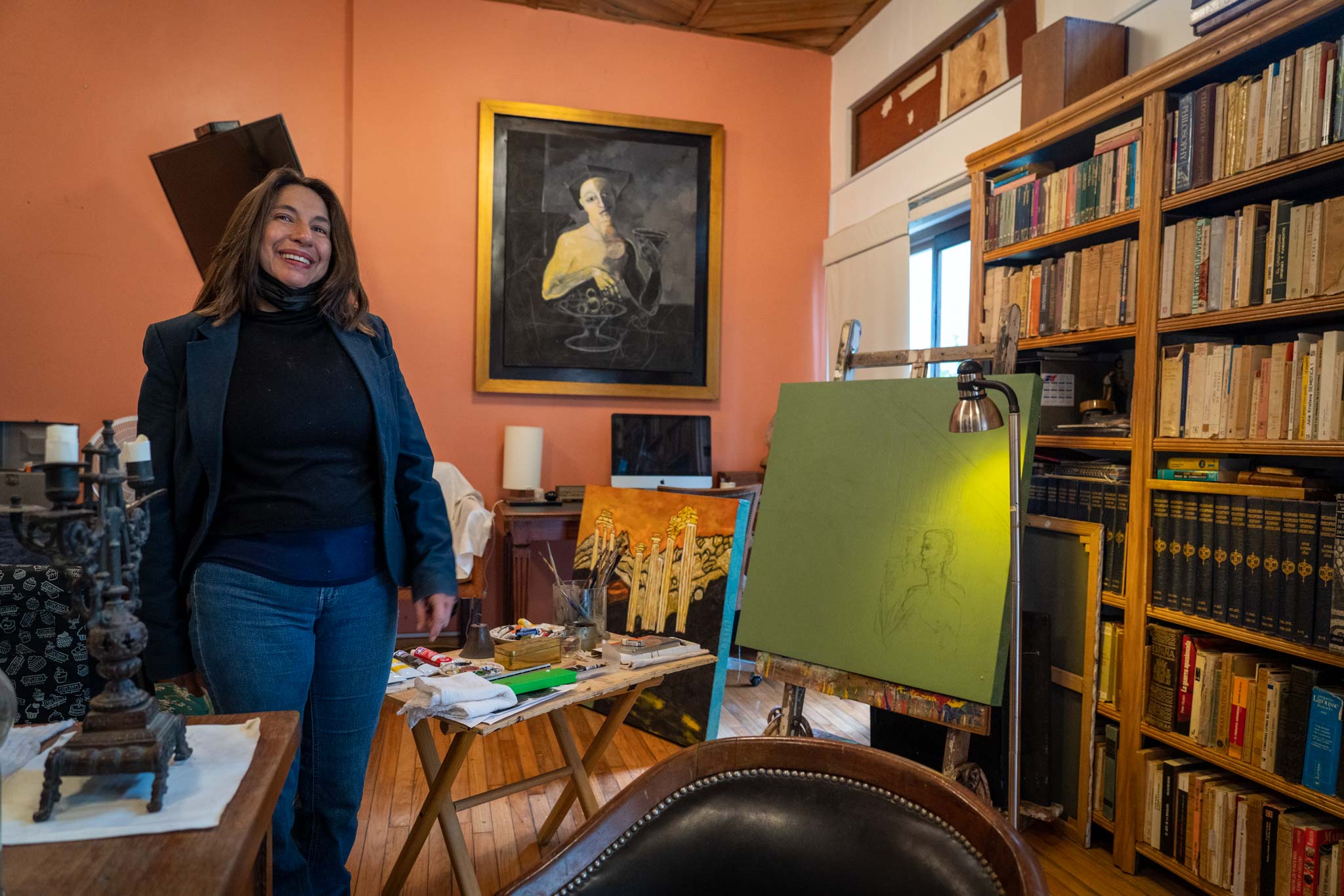
Soon, I learned this wasn’t merely a library but the heart of a beloved media house. All of the books lining the walls bear the logo of Andrea’s Mother’s publishing studio – some 4000 pages of which had been turned into the giant artwork which adorned the staircase of the main building, a piece created by Ava to honour her Mother’s craft.
As Ava shared the anecdotes behind the various canvases hung on the walls, I felt an immense joy that I was a guest of this family, although, throughout my stay, it always felt more like visiting old friends than staying in a hotel.

A family of artists
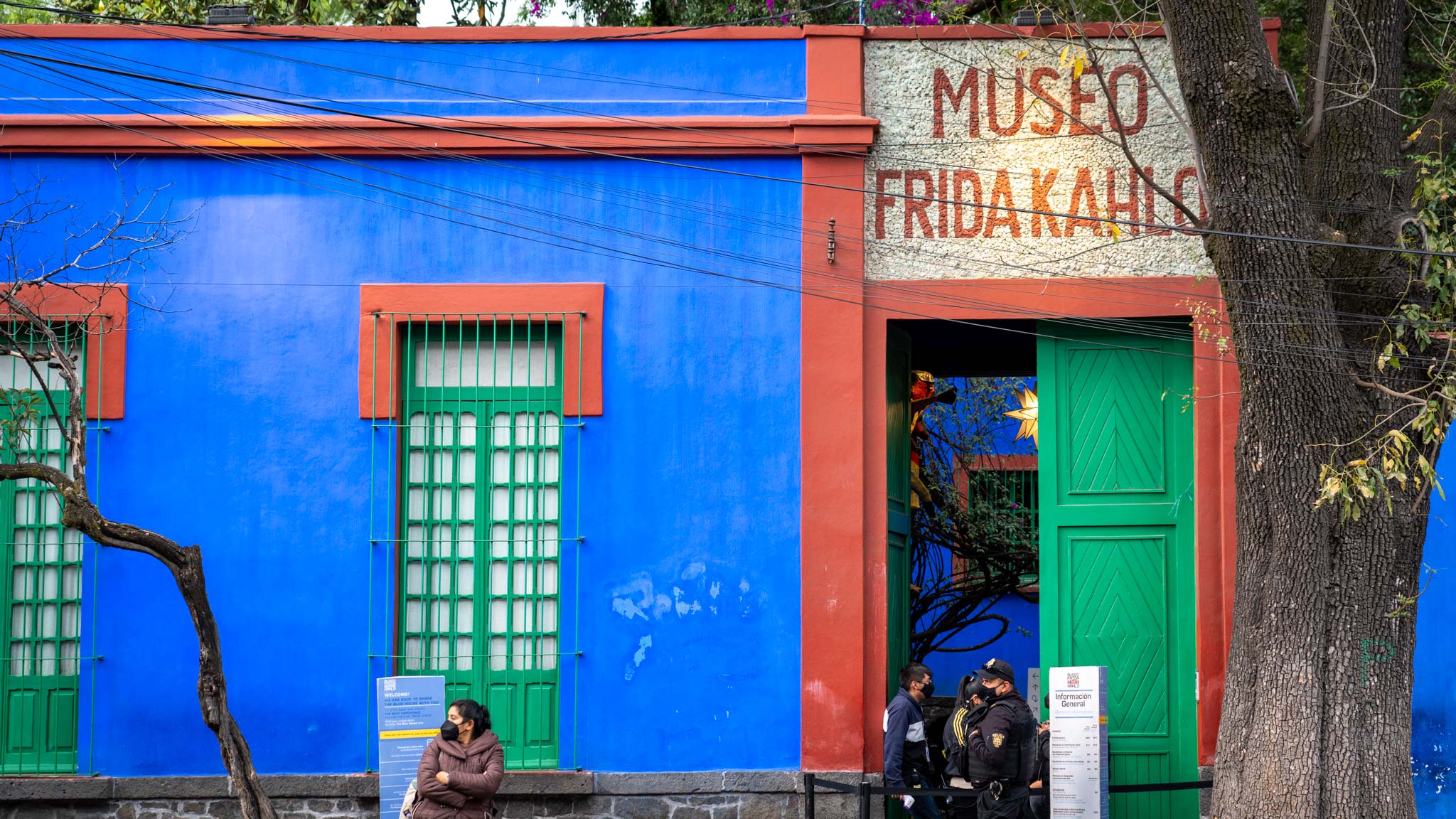
Casa Jacinta isn’t just a hotel to dump your bags at while you explore the city – it’s a refuge from the traffic and sometimes intense life you would expect from one of the world’s most populated metropolia. Pausing to read a novel in the serene garden or curling up on the sofa with a cup of tea became blessed moments during my stay.
Along with 105 other tourism businesses in Mexico City, Casa Jacinta had applied and was accepted to the Tourism Recovery Programme. Thankfully, this allowed them to weather the storm Covid brought on the industry.
Wandering back to Casa Jacinta from the artisan market, overflowing with ceramics, cloth works and portraits, the sounds of opera singers and piano recitals oozed out of windows, dancing in the warm spring air. It wasn’t just the buildings that housed art in Coyocán; the artistic spirit always lingered in the air.
“We had to learn everything about the tourism industry, so we are learning a lot about business. Our mentor from enpact is wonderful; she guides us very well and helps us with ideas. The workshops were very useful because we learned about how to run a business with more tools; marketing, leadership, sustainability, and the financial support helped us to survive”.

Coyoacán, Mexico City’s most creative neighbourhood?
You could easily spend a few days just exploring this neighbourhood and learning about the works of other past residences, from Diego Rivera to Raúl Anguiano. Museums, murals, and artists’ workshops sit side-by-side with trendy cafes along the wide, leafy streets of the locale.
Bohemian and beloved by many of Latin America’s most influential artists, Coyocán has become ubiquitous with creativity. Perhaps the most notable resident was world-famous painter Frida Kahlo, and now her old home, La Casa Azul, houses collections of her work in one of the city’s most visited museums.
Spacious bedrooms leading on to vine shaded balconies were all uniquely styled. Vintage sewing machines had been converted into dressing tables, and vast canvases depicting colourful scenes of nature and human interactions adorned the walls. In the communal spaces, the shelves were lined with thick-bound books, ceramic carved faces, and Andrea’s Retablo art – a type of miniature Mexican painting created to give thanks, historically linked to the church.
“We are a family of artists, my Mother is a publisher, and my father also was a publisher, but nowadays, he is a sculptor. My sister is a painter and writes about art history. I am also a writer, as is my husband, Daniel,” Andrea tells me, as we return to sit on a hand-crafted wooden chair in the cosy dandelion and white-walled lounge, leafing through the pages of her own written work, ranging from psychological texts related to her PHD to illustrated children’s books and collections of short stories.
My visit to Mexico was in partnership with the Tourism Recovery Programme – you can learn more about how this fund and mentorship is supporting local businesses on the link, and find more information about the partners powering the programme on their websites: TUI Care Foundation and enpact.
The guesthouse which became my home
“The pandemic was terrible – we were so deep in taxes and loans, my mother had to sell her house”, she continues, a regretful look taking over her curl framed face.
Of course, like countless other companies around the world, when 2020 came around, and the impacts of Covid took hold, it became almost impossible to stay afloat. Andrea started looking for ways to continue to support her employees and came across the Tourism Recovery Programme, powered by enpact and the TUI Care Foundation.
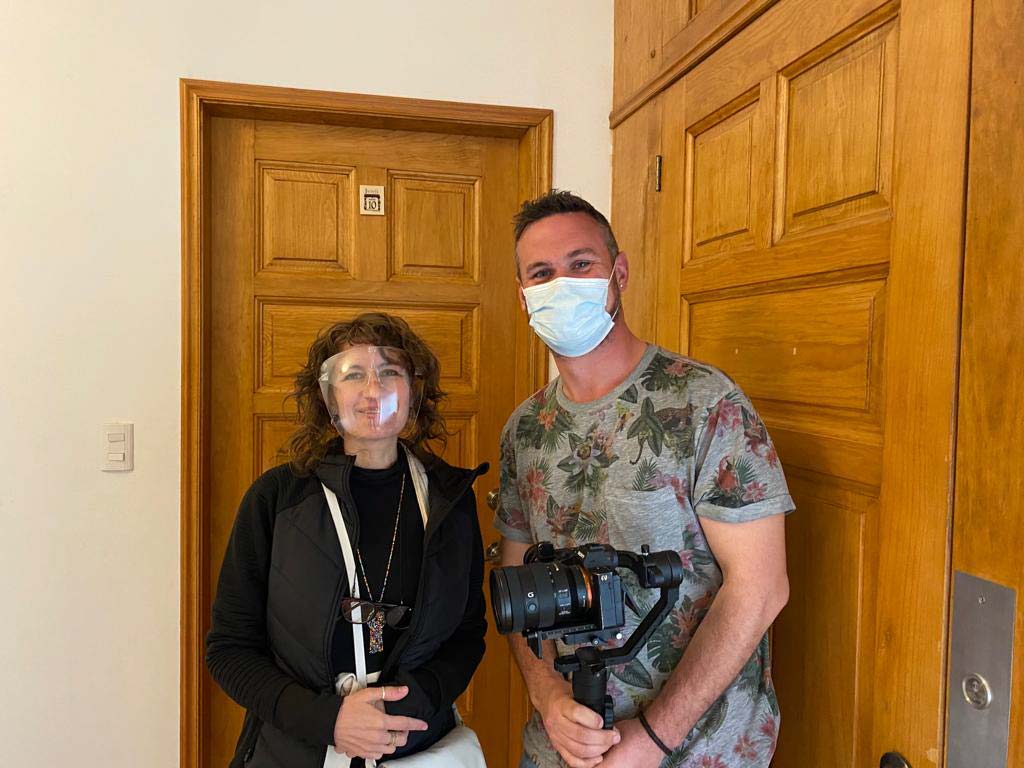
Moments from the quiet residential street where Casa Jacinta resides, Jardín Hidalgo was alive with face-painted mime artists, tarot readers, and mariachi bands serenading the terraced restaurants surrounding the square.
Spread across two buildings on either side of a peaceful neighbourhood street, the main building hosting Casa Jacinta carries its own important stories inside. Constructed by Andrea and Ava’s grandfather, who fled the Spanish civil as a refugee and found a new home in Coyocán, it’s much more than a hotel – and the personal connections to the space are evident throughout. Special attention had been paid to the bathrooms, each intricately decorated with dazzling tiles in patterns of greens, yellows, and blues. Wine bottles had been upcycled to create intriguing windows, casting green shadows across the space and visibly protruding from the wall outside. In the shade of the walled courtyard garden, two neighbouring cats bathed in the sun beneath the white iron bench, purple flowers and citrus fruit trees hanging over.
